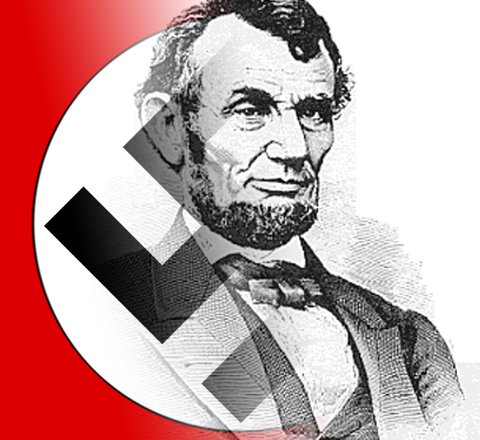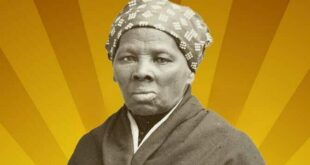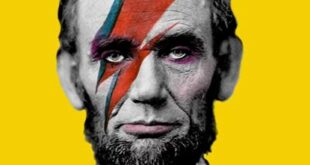Diversity Macht Frei
October 30, 2017
In the popular imagination, Abraham Lincoln is the patron saint of racial brotherhood. But the reality was very different.
For much of his life Lincoln was a member of the American Colonization Society, an organisation whose purpose was to facilitation the expatriation of negroes to Africa or Latin America.
Here, during the Civil War, Lincoln meets a group of prominent blacks and tries to persuade them to lead their “soul brothers” away to a black ethno-state where negroes could live free from the oppression of whites.
On Aug. 14 1862, Abraham Lincoln hosted a “Deputation of Free Negroes” at the White House, led by the Rev. Joseph Mitchell, commissioner of emigration for the Interior Department. It was the first time African Americans had been invited to the White House on a policy matter. The five men were there to discuss a scheme that even a contemporary described as a “simply absurd” piece of “charlatanism”: resettling emancipated slaves on a 10,000-acre parcel of land in present-day Panama.
Lincoln immediately began filibustering his guests with arguments so audacious that they retain the ability to shock a reader 150 years later. “You and we are different races,” he began, and “have between us a broader difference than exists between almost any other two races.” The African-American race suffered greatly, he continued, “by living among us, while ours suffers from your presence.” Lincoln went on to suggest, “But for your race among us, there could not be war,” and “without the institution of Slavery and the colored race as a basis, the war could not have an existence.” The only solution, he concluded, was “for us both … to be separated.”
The president next turned to what he wanted from the five-man delegation. It was selfish, he suggested, that any of them should “come to the conclusion that you have nothing to do with the idea of going to a foreign country.” They must “do something to help those who are not so fortunate as yourselves,” for the colonization effort needed “intelligent colored men” who are “capable of thinking as white men, and not those who have been systematically oppressed.” In asking them to “sacrifice something of your present comfort,” Lincoln invoked George Washington’s sacrifices during the American Revolution. He then asked for volunteers. “If I could find twenty-five able-bodied men, with a mixture of women and children,” he said, “I think I could make a successful commencement.”
Frederick Douglass, the former negro slave who became a prominent anti-slavery campaigner, said this of Lincoln after his death.
It must be admitted, truth compels me to admit, even here in the presence of the monument we have erected to his memory, Abraham Lincoln was not, in the fullest sense of the word, either our man or our model. In his interests, in his associations, in his habits of thought, and in his prejudices, he was a white man.
He was preeminently the white man’s President, entirely devoted to the welfare of white men. He was ready and willing at any time during the first years of his administration to deny, postpone, and sacrifice the rights of humanity in the colored people to promote the welfare of the white people of this country.
 Daily Stormer The Most Censored Publication in History
Daily Stormer The Most Censored Publication in History



